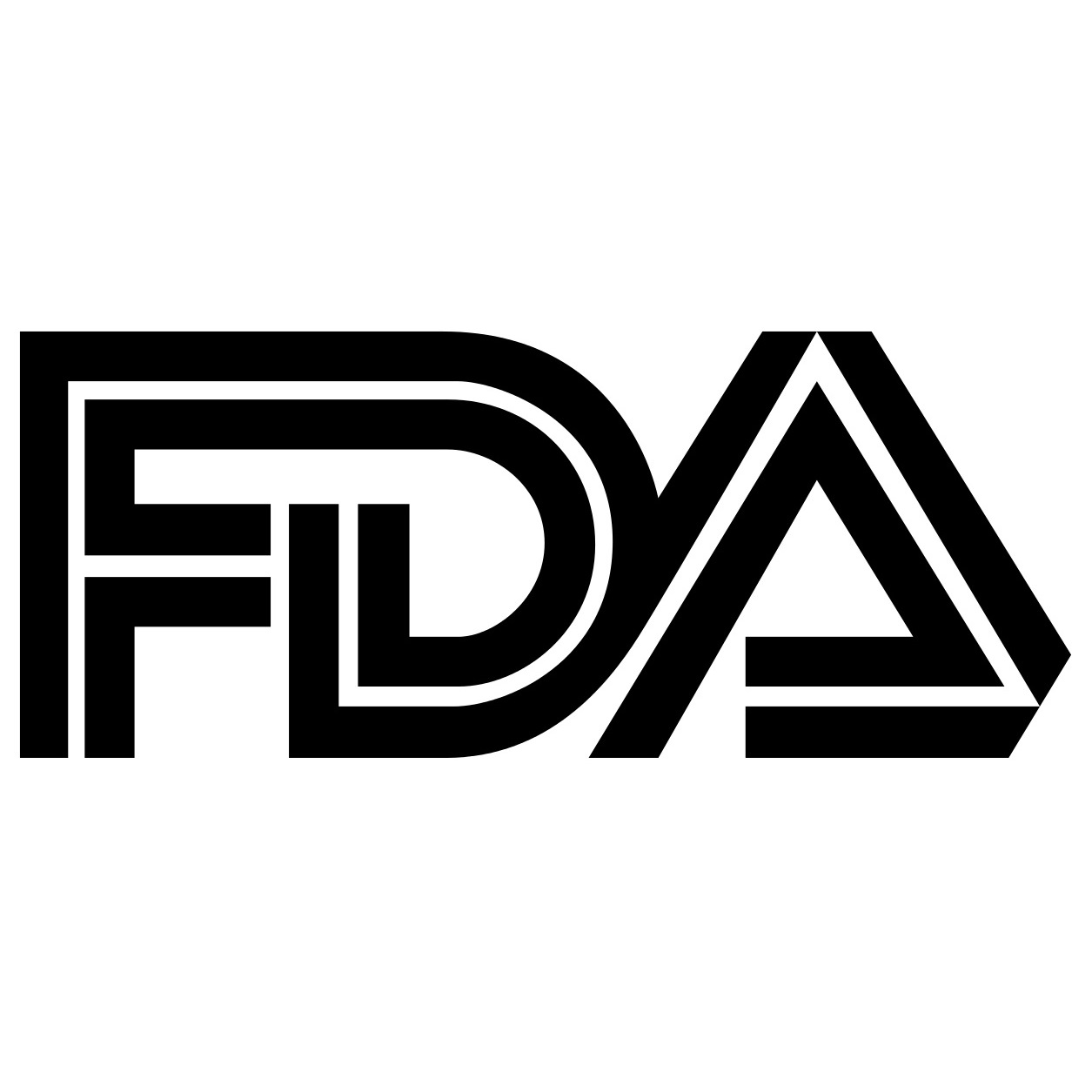
Shares of Cerus Corp. (NASDAQ: CERS) dropped just after the open of Wednesday’s regular trading session despite a key U.S. Food and Drug Administration (FDA) approval. The company announced FDA approval of its Intercept Blood System for treatment of platelets suspended in 100% plasma. This extended label claim further enhances compatibility with commonly used platelet collection methods.
The Intercept Blood System was originally approved by the FDA back in December 2014 for treatment of platelets collected in a commercially available platelet additive solution, InterSol.
The use of InterSol is already widespread in Europe; in the United States, platelet additive solutions have been approved more recently and are still being introduced into blood center and hospital operations.
William “Obi” Greenman, president and CEO of Cerus, commented:
This additional approval demonstrates further progress toward optimal collection platform compatibility, as we have had in Europe for a number of years. The label claim expansion will be valuable for blood centers as they consider how to address the revised draft guidance document for bacterial safety standards just issued this week by the FDA, as well as the proposed revised standards set forth in the Code of Federal Regulations. A significant number of our customers have been waiting for this approval in order to begin their implementation process for INTERCEPT platelets. We look forward to working with these centers in the coming months to make INTERCEPT platelets more widely available to U.S. hospitals.
So far in 2016, Cerus has underperformed the broad markets, with the stock down 5%. Over the past 52 weeks, the stock is actually up over 40%.
Shares of Cerus were trading down 2.3% at $5.85 Wednesday morning, with a consensus analyst price target of $8.67 and a 52-week trading range of $3.82 to $6.66.
Thank you for reading! Have some feedback for us?
Contact the 24/7 Wall St. editorial team.


